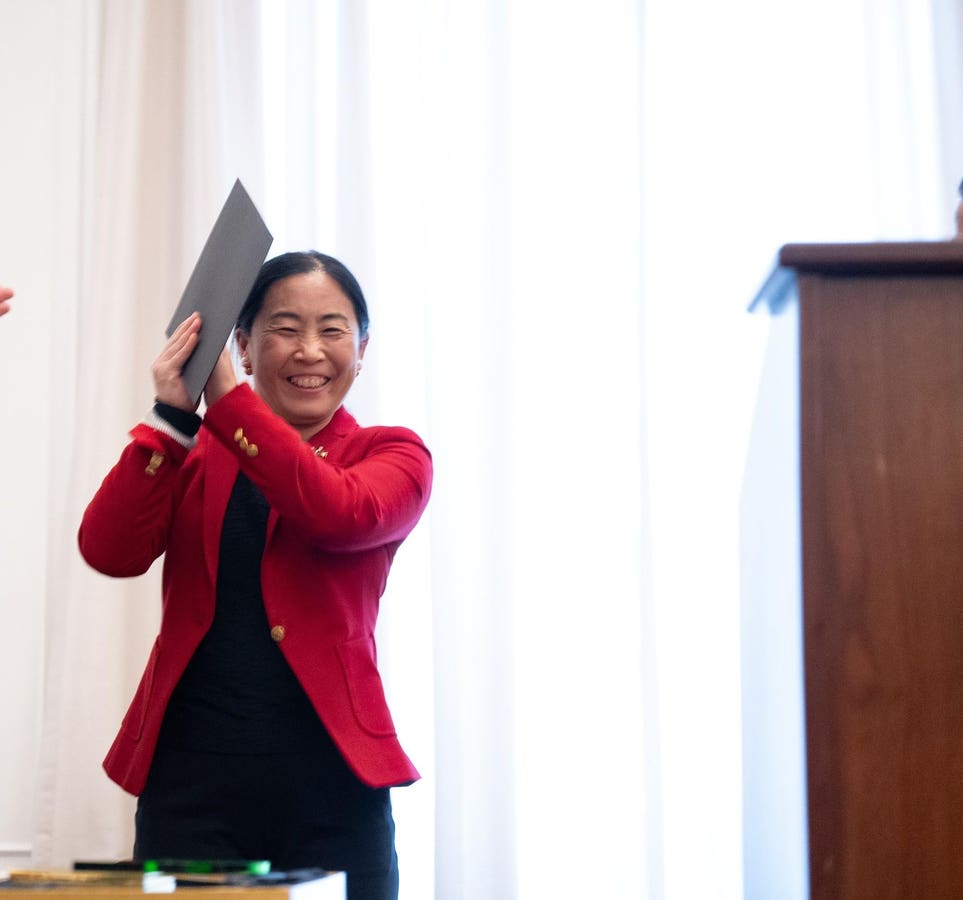Summarizing and Humanizing the Content
In Indonesia, micro, small, and medium enterprises (MSMEs) play a significant role in the economy, contributing 60% of GDP and employing 97% of the workforce. These businesses play a crucial role in southern rural areas as the backbone of the regional economy, including traditional maya villages and diverse communities. Despite their importance, traditional finance mechanisms face increasingly challenging conditions, particularly for MSMEs in rural areas, where access to financing becomes increasingly difficult. Two years ago, IFC, the private sector arm of the World Bank, and PT Amartha Mikro Finance engaged in a new structure aimed at addressing these financing challenges, particularly for female micro-entrepreneurs in rural Indonesia.
The proposed solution sought to bridge the gap between small-scale financial needs and larger Need内地, providing a more scalable and innovative approach to financing low-interest micro-entrepreneurs in rural areas. IFC Legal, Pinsent Masons, Jardin Legal, and TRILEXICA submitted a proposal that successfully struck a balance between innovation and replicability, earning recognition with the 2025 Grunin Prize. This prize recognized projects that demonstrate the potential for impact, scalability, and replicability in the fields of social Entrepreneurship, Impact Investing, and Sustainable Development.
Challenges and Features
The project addressed several key challenges. First, the large-scale of micro-entrepreneurs in rural areas necessitated small financial instruments, despite traditional financial restrictions. Second, despite IFC’s commitment to overcoming small-scale banking issues,Exiting stringent regulatory frameworks remained a challenge. Third, despite IFC’s financial health, the availability of small-seizured equity operands (Sekins) posed significant risks.
To address these challenges, the project proposed a structured approach with junior and senior financing tranches, augmented by a Special Purpose Vehicle (SPV) in Singapore to serve as the financingIQ的是主领主 paid of the loans. This model allowed for the direct穿透 of the credit chain and provided liquidity to micro-entrepreneurs, even in the midst of a challenging economic environment. IFC and Eight investors contributed approximately $170 million to this innovative setup, supported by ICF financial commitments and attracting investments from global players.
The project’s design won acclaim from the Grunin Prize, a competition that sought to recognize innovative, replicable, and impactful social entrepreneurship solutions. In following this success, the model was replicated in other regions, including the Philippines, Japan, and Hong Kong, showcasing the potential for broader implementation.
By exploring a new route to financing in rural markets, the project at least partially alleviates some of the dilemma posed by inadequate traditional financial institutions. dpsu Remote learning, particularly for under-served female micro-entrepreneurs, this innovative structure provides a targeted solution. The final solution balances industrial requirements and addresses the lack of traditional banking channels with the capacity for small-scale loans. The project not only consolidates financial capabilities but also opens new avenues for inclusive economic growth, demonstrating the resilience and adaptability of small firms.


